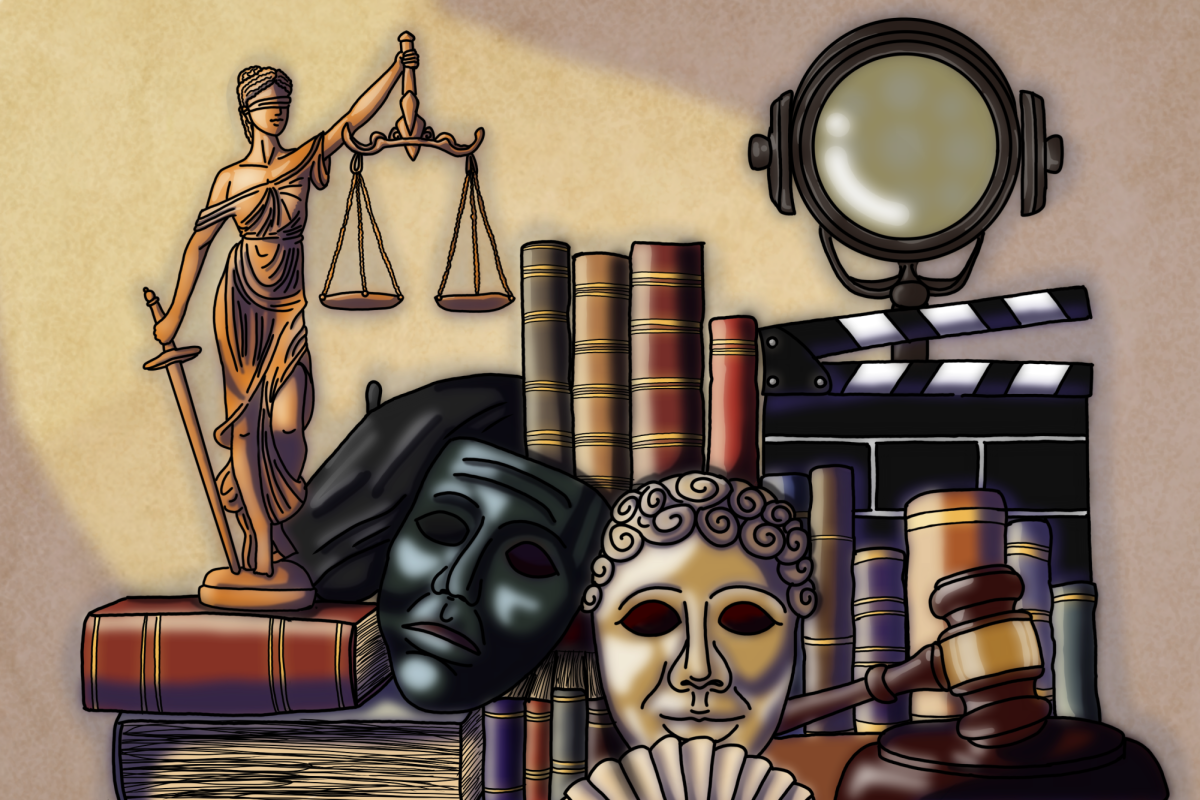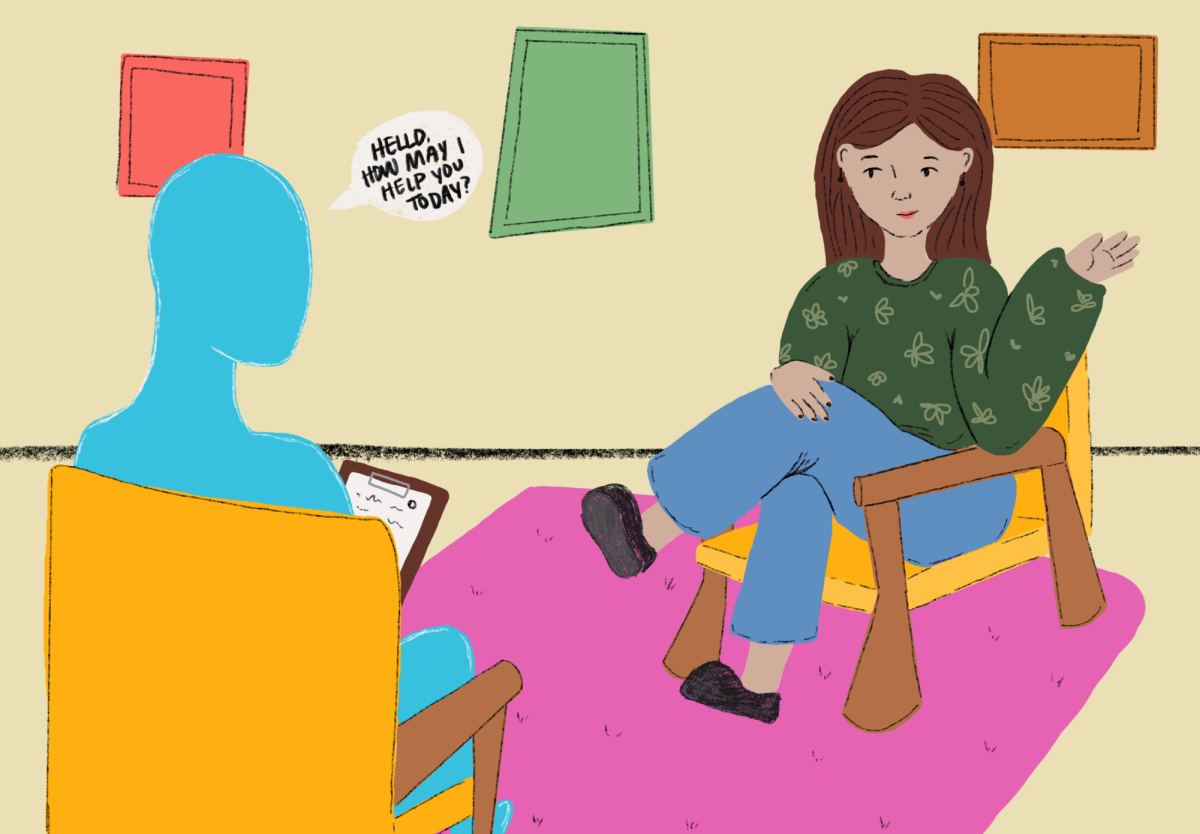Books are portals to other worlds. When we read a book, we are transported into a different life that we may not have had a chance to experience otherwise.
Having a diverse selection of books is key to understanding ourselves and others. Banning books may contribute to misinformation, and book bans are often challenged with the claim that they infringe on our first amendment right, according to the New Jersey State Bar Foundation.
As young adults and future leaders of the world, UT students can lead the charge in promoting the protection of literary art. After all, what starts here changes the world.
“(Books) definitely give me exposure to different points of view and different cultural experiences,” said Piper Ogletree, an advertising fifth-year.. “They’ve also helped me see different ways that a human experience can be expressed.”
Popularly banned books like Margaret Atwood’s “The Handmaids Tale” and George Orwell’s “1984” introduce ideas about the government that are controversial due to their criticism of political leaders and regimes.
However, although a book introduces ideas that criticize a country’s way of life, it does not mean the book and the ideas deserve to be banned. This censorship stifles democracy within the education system, and UT students need to fight for their right to the freedom of speech and expression.
In addition to Texas having one of the highest book ban attempts in 2023, Texas also has one of the lowest-ranked public education systems. Texas book ban laws, such as HB 900, work to suppress the voices and ideas of underrepresented communities, trapping students in an echochamber of biased information.
Book bans and censorship are not exclusively political issues. Although there is a correlation between states with stricter banned book laws and conservative states, this is first and foremost an educational issue.
“I don’t think reading about others’ experiences and understanding culture and understanding history makes you liberal,” Ogletree said. “I think it makes me a very well-rounded person.”
As higher education students, we should pride ourselves on being well-rounded and open to the experiences and cultures of others. UT students who are passionate about books can get involved with PEN America and the American Library Association in support of the fight against book bans.
Alexia Thompson-Young, the Assistant Director of Scholarly Resources, said she does not expect UT to ban books. But this does not mean UT students should not care about the issue for others. It is the responsibility of those who have benefited from diverse book access to work toward solidifying the same access for future generations.
“The UT mission is about learning and teaching and research,” Thompson-Young said. “As long as that is the UT mission, then we wouldn’t have banned books.”
As students of UT, we must make sure we continue to strive for the UT mission by diversifying our reading and actively participating in the fight against banned books. Students of all ages should have access to books that introduce new ideas.
Evelyn Conway is a philosophy and Plan II junior from College Station, Texas














